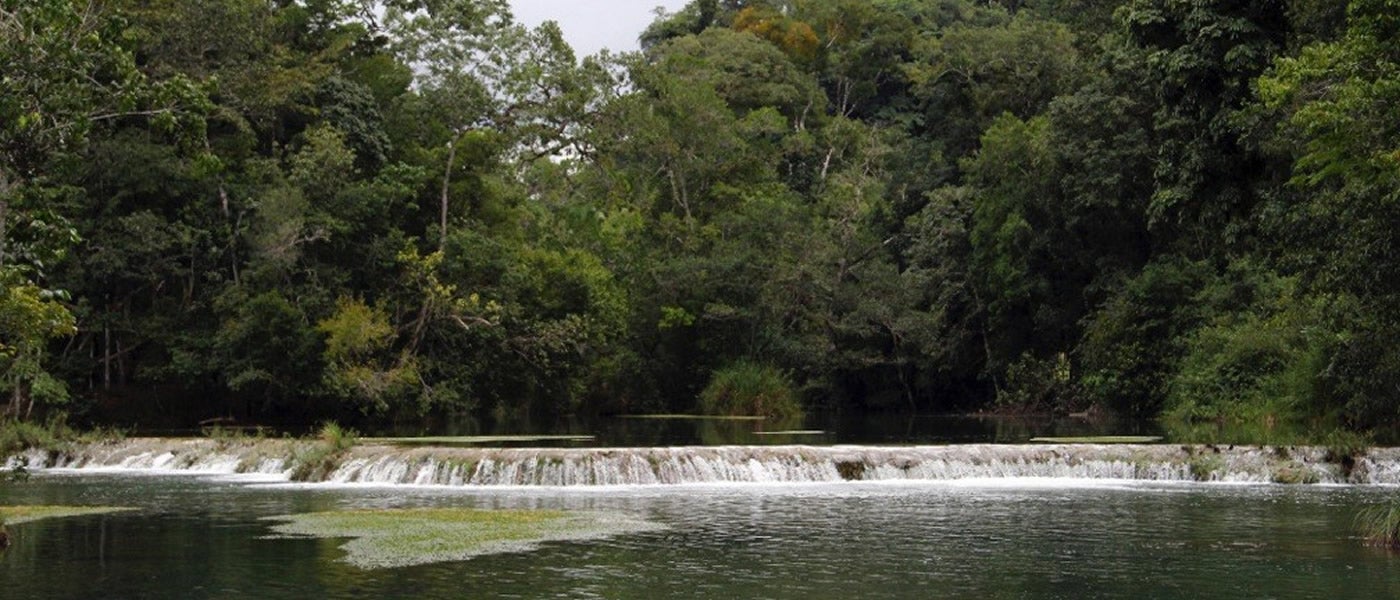
In January this year the waste-pickers working at the Haags Bosch Sanitary Landfill in Guyana received bicycles to ease their commute to the landfill site. The hand-over took place within the framework of the Georgetown Solid-Waste Management Program financed by the Inter-American Development Bank and implemented by the Ministry of Local Government and Regional Development.
One could wonder why public money should be used to purchase bikes for informal pickers working with waste. Well, this is just the first step in acknowledging the crucial contribution that pickers make to the landfill. Not only is their work the first real control-tool to the amount of garbage that goes into the landfill, but it also represents the only organized effort to promote recycling in the country. Not bad for a category of workers unjustly stigmatized not so long ago!
Some of these pickers have been working in waste management for 25 years, supporting their families through separating, collecting and selling scrap metals, clothes, cardboard and plastic that can be reused and recycled. Many of them had worked for years at the “Le Repentir”, the previous disposal site where working conditions were unregulated and often unsafe. As it happens with the move to a better working environment, waste pickers can now work in a much safer environment at the new landfill. Besides receiving bicycles, the pickers also received safety gear and soon will have the possibility to store the recycled material in a dedicated structure and work according to regulated operational practices and procedures. All this to provide an essential service to Guyanese society.
So, now it is clear why promoting “cycling for recycling” is not such a bad idea after all. Besides easing a commute that for some of pickers can be very long, the bikes will provide additional benefits, including the possibility to carry the recycled goods to sell and, of course, the possibility to keep in good shape! This is even more relevant considering that all pickers have their general health assessed on a monthly basis by a medical team on site. I would not be surprised if, following the example set by Sebastião Santos, the pickers organize in a coop, or better yet, in a cycling team!


Leave a Reply